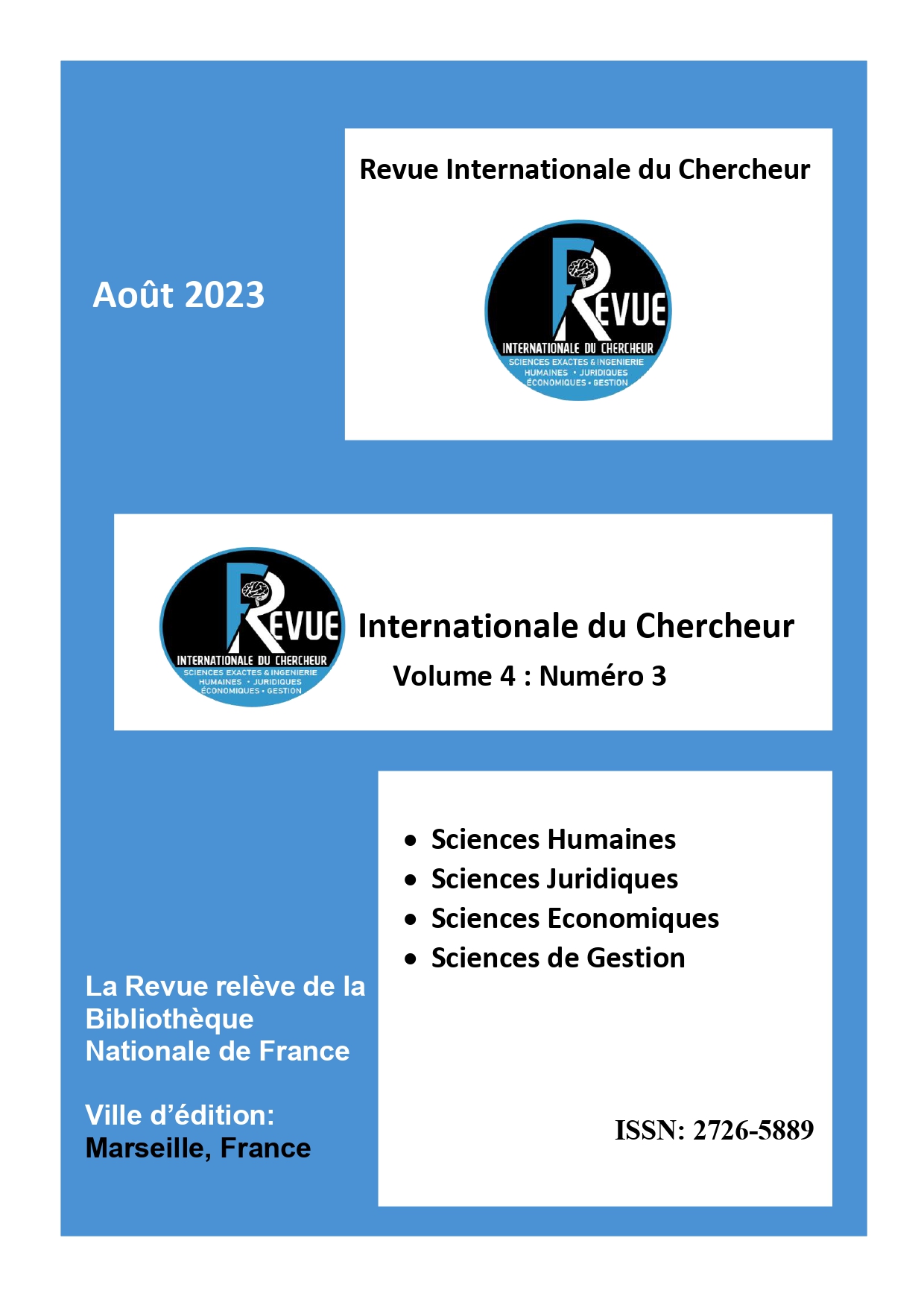The Role of Intellectual Property Rights in Fostering Innovation in the Age of Artificial Intelligence
Keywords:
Innovation, Intellectual Property Rights, Policymakers, Artificial Intelligence, Patent LawAbstract
In the evolving tech landscape, Artificial Intelligence's (AI) transformative impact on industries has raised debates on how Intellectual Property Rights (IPR) nurture innovation. This article explores AI's relation to IPR, its fostering and constraining aspects.
Understanding AI's significance requires grasping its intricacies. The paper outlines AI's varied applications and potential to reshape innovation paradigms. AI-generated content's unique challenge blurs human-machine creation lines. Examining this content's duality within intellectual property, the paper probes copyright, patentability, and ownership issues and illuminate complex ownership and protection dynamics.
Patents incentivize innovation via exclusive inventor rights. Delving into patent law and AI, the article discusses challenges in addressing inventiveness, patenting AI processes, human creativity, and collaboration. Ethical and legal dilemmas arise with AI's growth, intersecting with IPR. Bias in algorithms, AI's labor market impact, and misinformation concerns are explored, highlighting IPR's role in resolving them without stifling innovation.
Open innovation's rise is explored, focusing on open-source AI projects' impact on intellectual property. Balancing commercial interests and common good, the paper investigates AI's collaborative potential.
The article concludes by advocating adaptive IPR frameworks. Balancing innovation encouragement, AI's ethical dimensions, and creator rights, interdisciplinary collaboration is key to harmonizing intellectual property and AI.
Downloads
Downloads
Published
How to Cite
Issue
Section
License
Copyright (c) 2023 Fatima Ezzahra ECHEFAJ

This work is licensed under a Creative Commons Attribution-NonCommercial 4.0 International License.















